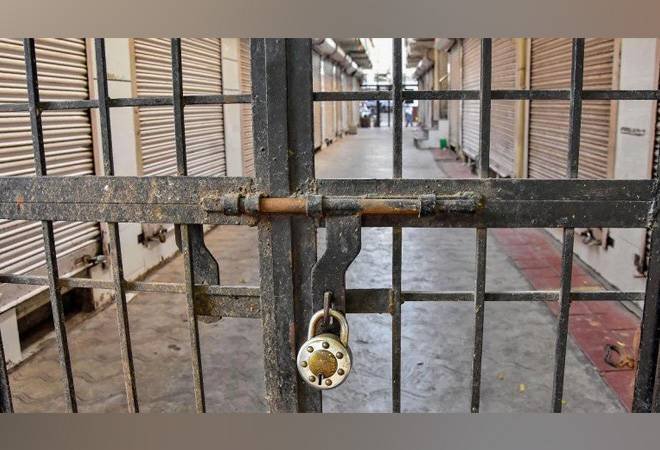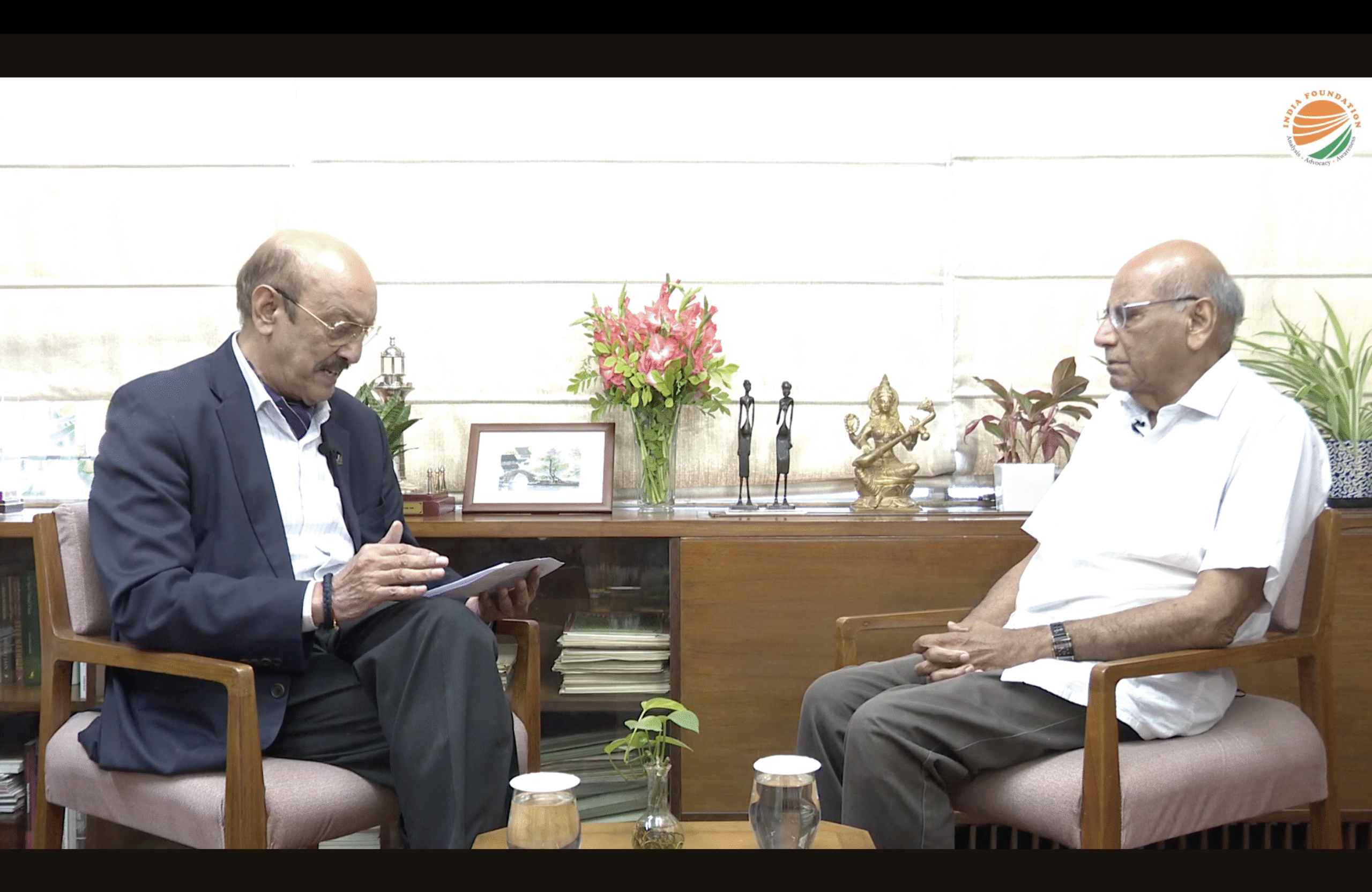The world is perhaps facing its biggest crisis, both in human and economic terms, due to the spread of the corona virus which originated in Wuhan in China. As per data released by the John Hopkins University, the virus, COVID-19 has affected close to two million people across the globe and has led to over a hundred thousand fatalities since it first appeared in Wuhan, China sometime in December 2019 (data as of 14 April 2020).[i]
This pandemic has affected the world socially, psychologically and economically, with millions of people suffering job losses and companies experiencing an economic downslide. The rapid rise in unemployment figures due to COVID-19 has led the world to a major economic crisis and India too is similarly impacted. Due to the pandemic, most business enterprises in India have been struck, with the MSME (micro small and medium enterprises) and SME (small and medium enterprises) being the hardest hit and facing an acute financial crisis.
Recognising the financial distress and to alleviate the woes of the corporate sector, Ms Nirmala Sitharaman, Union Minister of Finance and Corporate Affairs, in a press conference held on 24 March 2020, announced certain relaxations in corporate and tax laws. She also announced relaxations in Insolvency and Bankruptcy Code (IBC), 2016 since, to protect businesses from being unnecessarily dragged to the NCLT (National Company Law Tribunal) for the initiation of the insolvency process, thereby hampering the economy.
Increase in the Threshold
Section 4 of the IBC States:
“This part shall apply to matters relating to the insolvency and liquidation of corporate debtors where the minimum amount of the default is one lakh rupees”
The proviso to this Section empowers the Central Government to issue a notification for any change in the default amount. By virtue of proviso to Section 4 of IBC, the Finance Minister, while addressing the media, announced that monetary threshold for initiation of insolvency proceedings shall be increased from Rs 1 lakh to Rs 1 crore. It was pointed out by the Finance Minister that this step has been taken “so that we can prevent the triggering of defaults against MSMEs”. For triggering the Code, the threshold limit was purposely kept as one lakh rupees, making it clear that even small individuals may also trigger the code as a financial creditor.[ii] But in the current scenario, keeping such a low threshold will only have repercussions on the economy. Therefore, if an application has to be filed under Section 7 (CIRP by Financial Creditor), Section 9 (CIRP by Operational Creditor) and Section 10 (CIRP by Corporate Applicant), the default should amount to Rs one crore.
Effect of Notification: Retrospective or Prospective
The notification of 24 March 2020 is silent on the point that whether it will have retrospective or prospective effect. Before the announcement by the Finance Minister, the IBC had been amended for the fourth time on 12 March 2020, with the amended Code mandating that for initiation of Corporate Insolvency Resolution Process under Section 7 of the Code, the application has to be jointly filed by 10 per cent of the total real estate allottees or 100 real estate allottees whichever is less. The third proviso to Section 7(1) provides that application filed before the amendment should be modified in 30 days following the amended Code, else the applications will be presumed to be withdrawn.
So, concerning this notification also, it can be presumed that the notification will have a prospective effect since it is silent on this issue. Also, it is a well-settled principle that a statue that affects substantive rights is presumed to be prospective in operation if the statute is silent on the retrospective effect.
The Finance Minister also briefed the press that the matter would be reviewed on 30 April, and if the situation worsens, then Section 7, 9 and 10 will be temporarily suspended.
Concluding Remarks
During the lockdown announced by the Prime Minister on 24 March, which came into force the next day, many businesses were compelled to stop their operations, thereby losing revenue generation and running into losses. Many such businesses were more likely to make default in payments. Had the Government not issued this notification of providing relaxation under IBC, the companies could have been dragged to NCLT, which would have further exacerbated the situation.
It has been observed that in few sectors, there has been a spate of applications filed where single class borrower triggered the code because of one lakh monetary threshold for initiation of Corporate Insolvency Resolution Process which is not a very happy situation. Hence, the 24 March Notification is a good move by the Government to preserve the economy while fighting the pandemic.
Animesh Upadhyay is a 4th year BA.LLB student at Dr Ram Manohar Lohiya National Law University. He is also State Co-Convener Think India UP Chapter.
[i]https://coronavirus.jhu.edu/map.html, accessed 14 April 2020.
[ii]MansiBrarFernandes v. Gayatri Infra Planner Private Limited MANU/NC/0206/2020




